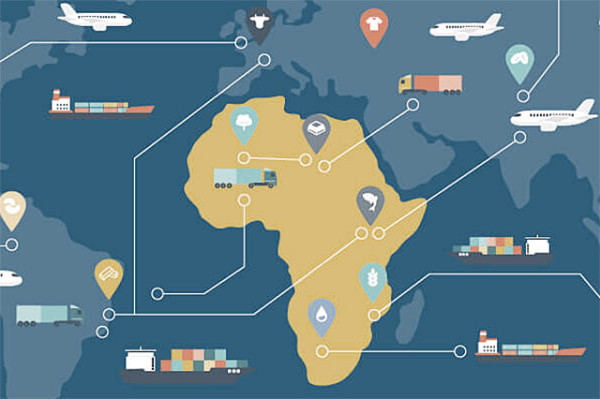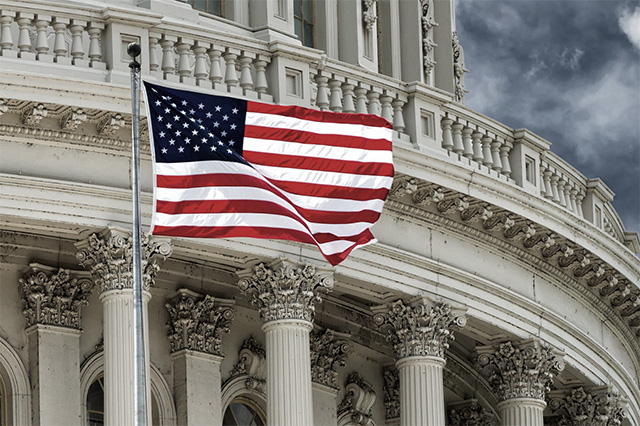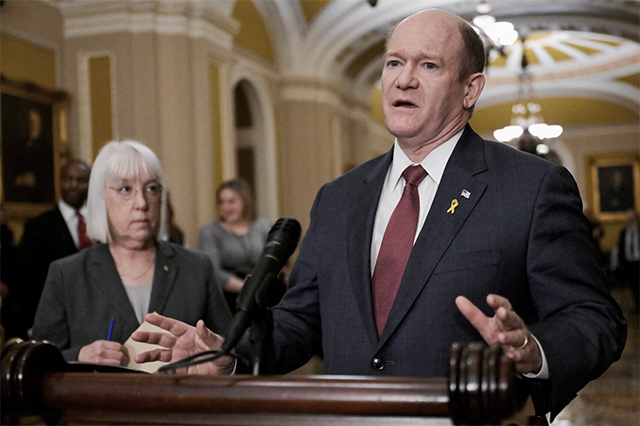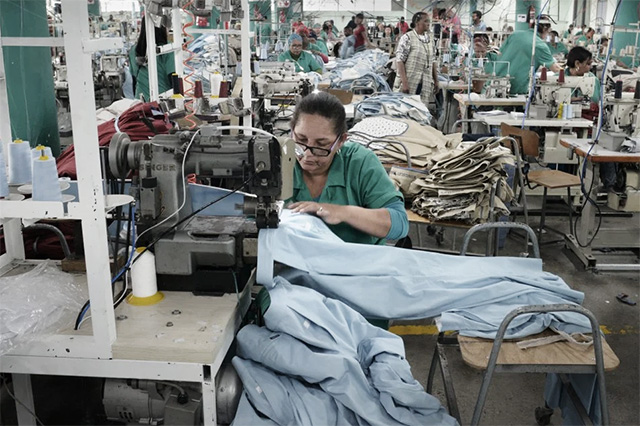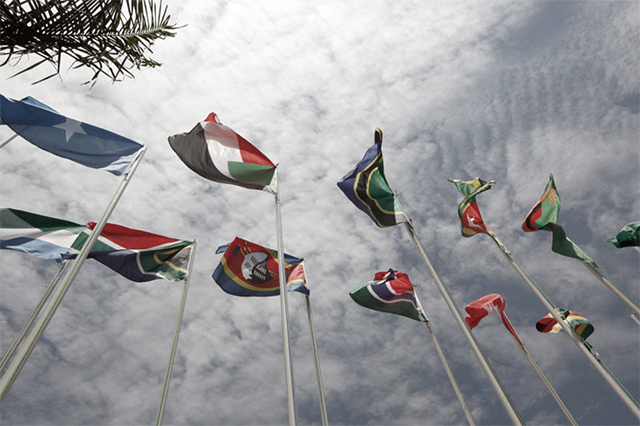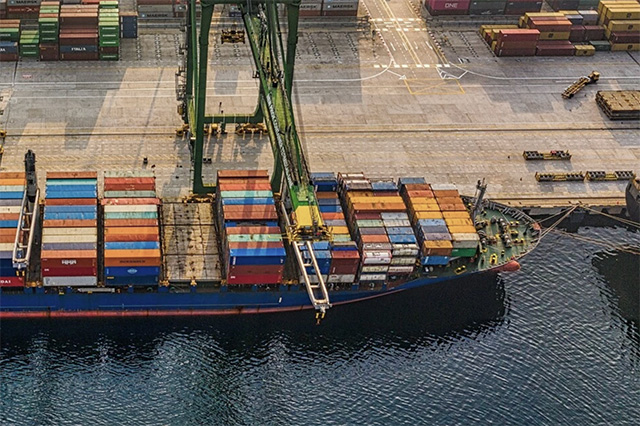The 'key to unlocking Africa's potential'
Africa is on the cusp of an economic transformation. By 2050, consumer and business spending on the continent is expected to reach roughly $16.1 trillion.
The coming boom offers tremendous opportunities for global businesses – especially US companies looking for new markets.
But unless African policymakers remove existing barriers to regional trade and investment, the continent’s economy will struggle to reach its true potential.
Two major trade agreements – the African Growth and Opportunity Act (Agoa) and the African Continental Free Trade Area (AfCFTA) – will make it easier for African countries to trade with one another, and with the United States. Together, the agreements promise to remove longstanding impediments to industrialisation.
AGOA, passed by the US Congress in 2000, gives countries in sub-Saharan Africa preferential trade access, allowing them to export tariff-free products to the US. Although it will expire in 2025, US president Joe Biden’s sub-Saharan Africa strategy, unveiled in August, highlights its positive impact and promises to work with Congress on ways to proceed after Agoa lapses. AfCFTA, on the other hand, is an intra-African trade agreement with no expiration date. Established in 2018, its goal is to deepen trade ties between African countries by removing tariff and non-tariff barriers.
Although these agreements’ scope, focus, beneficiaries, and structure differ significantly from each other, they are essential to strengthening African regional integration. Rather than viewing them as separate or competing agreements, policymakers and investors should recognise how they can complement each other in creating, sustaining, and transforming value chains across the continent.
Value creation is critical to Africa’s economic transformation. In 2014, manufactured goods accounted for about 41.9 percent of the trade between African countries, compared to 14.8 percent of their exports to the rest of the world. Greater regional integration will provide Africa with a larger supply market, which will accelerate manufacturing specialisation and make African producers more competitive globally. More robust manufacturing industries will provide jobs for low-skilled workers – particularly those not currently integrated into the formal economy.
Agoa has already created some opportunities for cross-border value chains. Yet despite some success stories like Madagascar’s apparel industry, which relies on an extensive regional supply chain, such opportunities remain limited. While integration has improved since Agoa’s implementation, particularly since 2015, it remains somewhat superficial: less than 17 percent of Africa’s commercial value is currently generated through intra-African trade.
The real game changer is the AfCFTA. By removing tariffs for a wide range of products across the continent, it will lower production costs and shift foreign direct investment toward manufactured goods, while also reducing transit costs and shortening supply chains – major benefits in a globalised economy.
The International Monetary Fund projects that, under the AfCFTA, Africa’s expanded goods and labour markets will become more efficient, driving a significant increase in African countries’ competitiveness. By creating a true continental market that increases intra-African trade and impels African countries to participate in “production sharing” at a higher rate, the AfCFTA will likely provide a further incentive to US-based multinationals.
Effective regional integration is essential for Africa. Without it, the continent will continue to be overlooked and outpaced globally in manufacturing, information technologies, and agriculture. When considering the future configuration of both Agoa and the AfCFTA, policymakers should regard them as complementary mechanisms for ensuring Africa’s long-term economic development.


